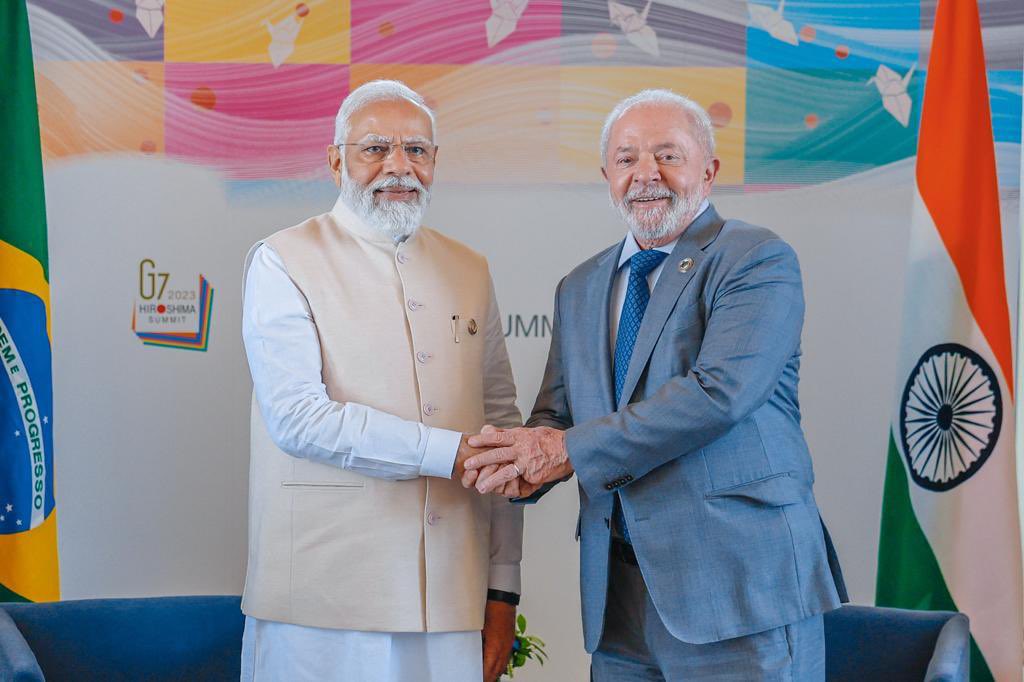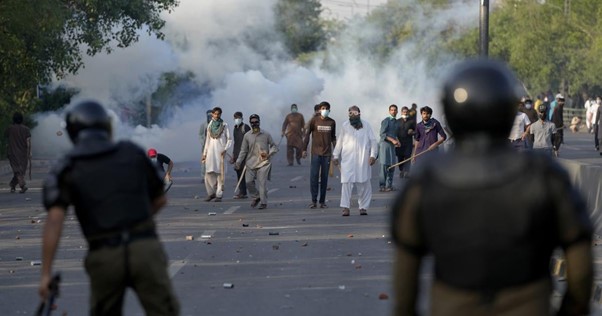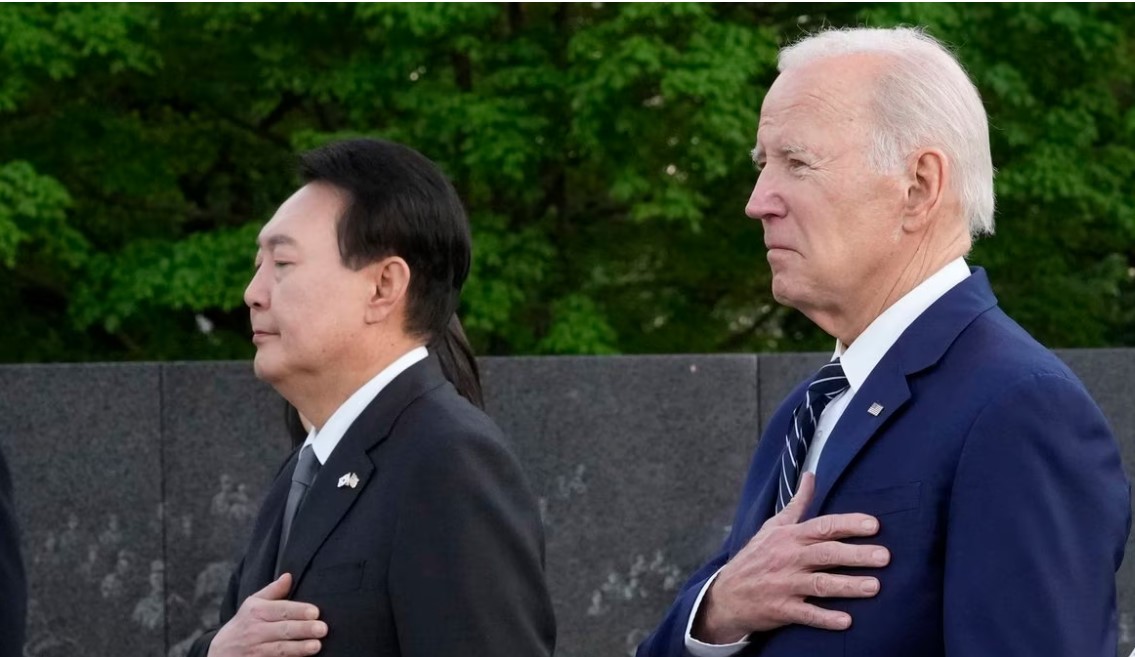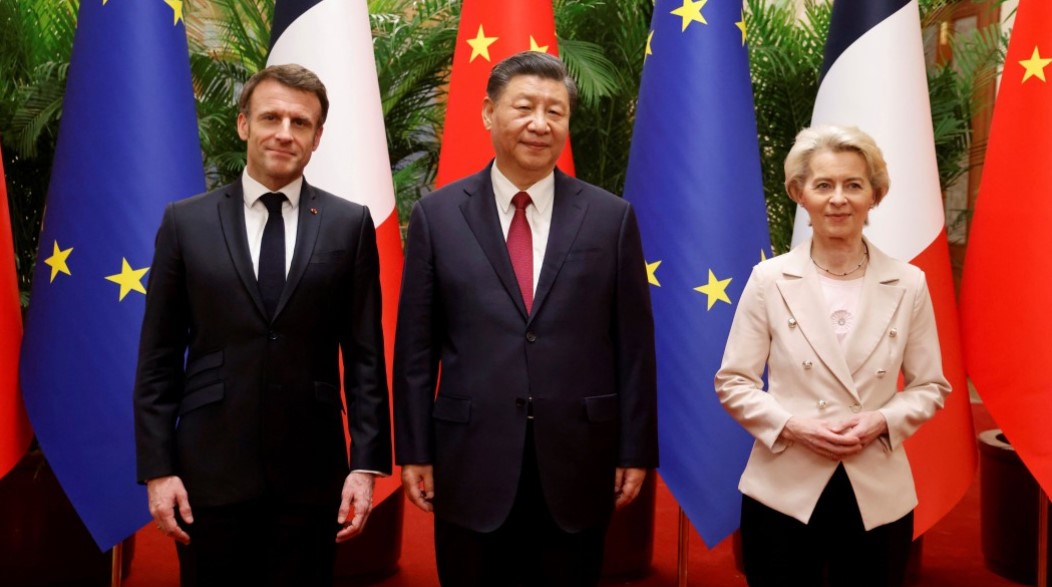B3W-An Alternative to BRI?
Sat, 07 Aug 2021 | Reading Time: 4 minutes
On 12 June, a group of the world’s wealthiest democracies the BIG-7 – UK, Canada, Germany, Italy, France and Japan foregathered in Carris Bay, England and broadcasted before the world their hitherto covert intention of taking on China and countering its snowballing influence.
This intention manifests itself in a US led initiative called the Build Back Better World (B3W). B3W is a transparent global infrastructure partnership project that rivals China’s most ambitious, expensive and strategic infrastructural development plan called the Belt and Road Initiative (BRI). The G7 have pitched the B3W as an affirmative scheme ,a positive alternative that is value driven and of high standards. The project seeks to narrow the $40 trillion infrastructure needed in the low and middle income countries, whose economies have further received a set back owing to the COVID-19 pandemic.
According to the fact sheet issued by the White House “the G7 and the other like minded partners will coordinate in mobilising private capital in four areas of focus- climate, health, health security, digital technology, gender equity and equality”. The prospect sounds fascinating but the pertinent question is- Will it be able to vie with China and occlude its highway to global dominance? It is estimated that China so far has already spent close to $200 billion on the project. Morgan Stanley further predicts that China’s total expenditure could reach up to 1.2 to $1.3 trillion. On the face value, given the credibility and the vision of the G7 countries, B3W does seem like a viable option but in the hindsight it is beset with worries.
For starters the B3W is going to be financed by bilateral and multilateral apparatus along with investments from the private sector capital. This culminates into a multiplayer investment which requires all the stakeholders to work in tandem and solidarity. The B3W initiative runs into trouble in this regard as many countries specially from the EU appear to be internally divided on the matter.
The global supply chain is still dominated by the dragon and given the economic dependence of many European countries like that of Germany on China, their stance on funding and also on the matter as a whole has been very ambiguous and vague. Nobody wants to irk the PRC and risk their relationship with it. Besides, these countries are still reeling from the ravages of global recession and pandemic and so far haven’t made any commitments on the contribution of funds. So, it is still not certain as to how they plan on narrowing the $40 trillion gap. China’s BRI on the other hand is largely state funded and has a huge institutional advantage in the way it functions as China is the sole authority that gets to decide where to invest and how to invest.
Secondly, it would even be a little difficult for the G7 countries to make an appealing case for themselves amongst their target countries given the imperialist history of the former and the colonial past of the later. The wounds of an unsettled experience are still open and hence these countries might find it hard to gain a solid ground. China seems to understand this and tries to exploit this observation to its advantage. It claims that these countries who are now projecting themselves as the harbinger of better times have in the first place accumulated their wealth through ‘colonial plundering’ and the BRI initiative helps these countries recover their economies and infrastructure seriously handicapped by the colonial past.
Furthermore, given the conditions of the B3W and its unflinching advocacy for transparency, labour rights and environment, more likely than not many developing countries would stick with China for business. Local politics and endemic corruption prevalent in these countries additionally allows Beijing to score points against the G7. Substantiates this fact is an example from Philippines involving the construction of two projects ‘The Kaliwa Dam project’ and ‘The Chico River pump project’. Initially these two projects were set to be funded by the Japanese. The Japanese were willing and have been assisting Philippines with foreign aid for over decades now. However, upon the realisation that handing over the projects to Japan could lead to a retard of progress- a concern stemming from the stringent rules and regulations and respect for social and environmental requirements, President Rodrigo Duterte chose to partner with the Chinese. Duterte wanted the two projects to get completed quickly and efficiently without much intervention. The underlying motive was to amass support ahead of elections in 2022. The Chinese were open to the proposal of expediting the project and what followed was a series of displacements, usurpation of land of locals and increased militarisation to curb any protests on the project site.
Also, China’s lack of transparency helps these countries and their local leaders to have a little more leeway and allows them to divert funds without much questioning and accountability. Thus, they find BRI beneficial for their political and personal gains as well.
Alternatively many experts also feel that B3W might end up benefiting China as climate and stress on usage of Renewable Energy has been at the center of conception of this project. Interestingly the ‘Renewable Energy Sector’ is already dominated by China which further creates more opportunities for making profit.
However, at the same time it must not be neglected that Dragon’s BRI hasn’t been all that grandiose either. The country’s contracting economy exacerbated by the pandemic has resulted in a serious cutback on new loans and investments. So far around 20% of the BRI projects have been affected while other 30 to 40% of them have been ‘adversely’ affected. Its investments in the last one year has fallen by a whooping 54%. At the same time many developing countries are now waking up to the reality of ‘Debt-Trap Diplomacy’ and the camouflaged expansionist agenda. Whether in the face of these conditions B3W succeed in its pursuit and be as copacetic as it seems on paper remains to be seen.
Disclaimer
The opinions expressed in this article are the author’s own and do not reflect the views of Chanakya Forum. All information provided in this article including timeliness, completeness, accuracy, suitability or validity of information referenced therein, is the sole responsibility of the author. www.chanakyaforum.com does not assume any responsibility for the same.
Chanakya Forum is now on . Click here to join our channel (@ChanakyaForum) and stay updated with the latest headlines and articles.
Important
We work round the clock to bring you the finest articles and updates from around the world. There is a team that works tirelessly to ensure that you have a seamless reading experience. But all this costs money. Please support us so that we keep doing what we do best. Happy Reading
Support Us




















POST COMMENTS (0)